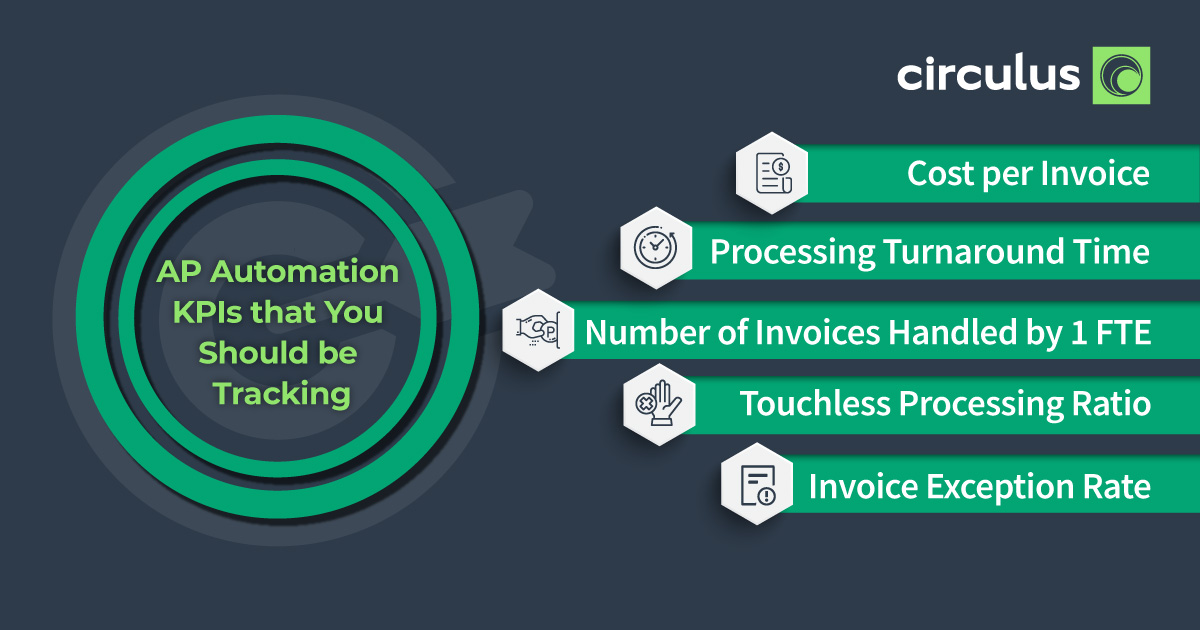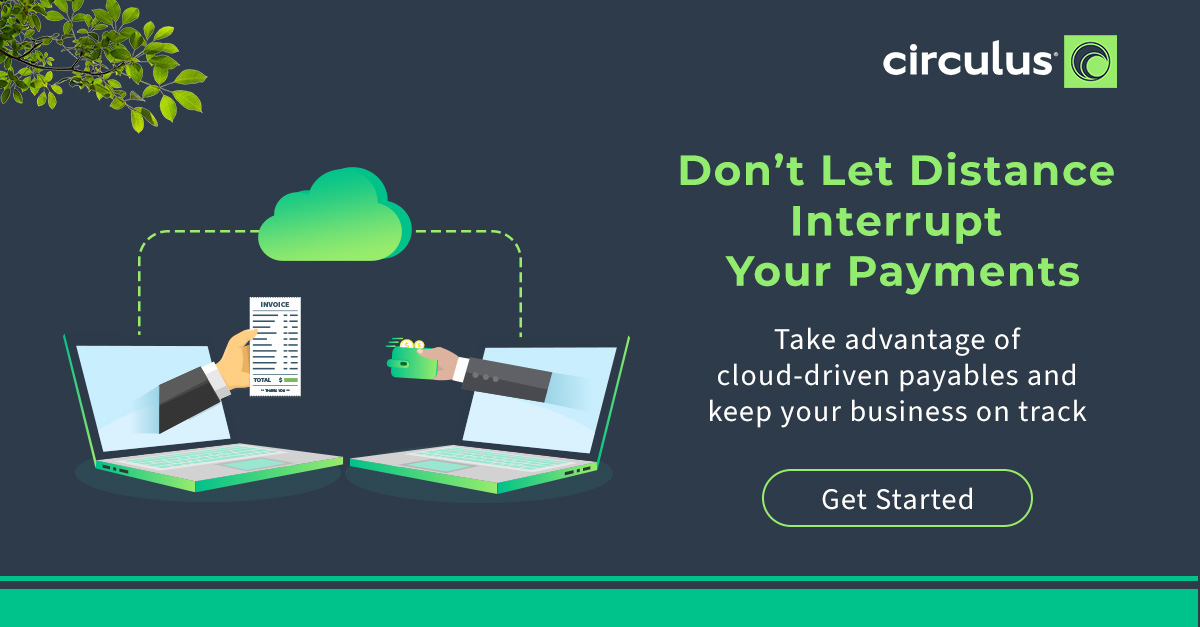How AP automation can help you do more, better.
CFOs balance the weight of driving profitable growth with overseeing the financial integrity and health of their company. They serve as an organizational and financial leader, business partner, and steward, as well as a key integrator and navigator. As a company’s top financial visionary, CFOs champion strategic actions that strengthen the business and many are beginning to turn to AP Automation as a way to improve performance and efficiency, capture accurate data, provide reliable reporting, and reduce risk.
While many accounting departments are still dependent on time-consuming manual data entry methods, fully automating your accounts payable process ensures staff productivity increases – invoices are processed faster, data entry and coding errors are reduced, approval cycle times are minimized, and invoices are approved and paid on time.
However, when it comes to the future of digitization, few CFOs say their companies are prepared to be competitive. Some CFOs report feeling well-equipped to digitize their business activities in the next five years, but not doing so could have a costly impact.
Here are three ways AP automation can help CFOs do more, better:
Improve Time, Workflows, and Vendor Relationships
Did you know accounts payable automation can cut invoice processing time considerably? This time saved allows you to refocus manpower to more strategic projects and optimize performance. Teams can speed up invoice payment and approval processes with an automated accounts payable system while eliminating mistakes, ensuring on-time payments, and reducing the need for discrepancy resolution. AP automation not only saves hours of time previously spent on manual data input, but a cloud-based platform also allows for greater collaboration and accountability.
Using a configurable workflow, AP departments can house their invoices and invoice data in one centralized platform. Once an invoice is captured and validated, it is routed automatically to the manager directly responsible for approving the payment, accompanied by notifications that ensure the invoice doesn’t get missed. Staff is alerted to duplicates and reminded of pending due dates, so no one mistakenly overpays an invoice, pays an invoice twice, or makes a payment late.
You can also digitize supplier information and organize vendor data. This simplifies supplier onboarding processes, helps with the vendor selection process, and improves vendor relationships.
The best part? Everyone can access up-to-date, real-time, accurate invoice and vendor information from anywhere, anytime. Because invoice data is captured and logged in a historical database, managers and their teams can quickly and accurately answer vendor questions regarding payments – or settle disputes about cost or timeframe.
Save Money and Strengthen Cash Flow
Automation ensures vendors are paid on time based on the terms of their agreements and eliminates costly late payment fees, helping increase your negotiation power for better payment terms. In fact, businesses can achieve multifold financial benefit of operational improvements by optimizing payments to suppliers through their automation efforts.
Avoiding late payments also means companies can take advantage of opportunities for savings and volume rebates. E-invoicing allows you to pay accounts immediately, which can generate early payment discounts from many vendors. These rebates and discounts can add up to thousands of extra dollars and increase your ROI.
Not only do you save money, AP Automation helps you control the procurement process to manage cash flow. Analytics can help uncover ways to consolidate orders or improve vendor rates and can compare real-time spending to the company’s budget. This data provides insights on how current performance compares to planned spending and makes it easier to adjust as needed.
The more companies can do to lower operations costs and improve efficiencies, the higher your profit margins. Freeing up cash allows companies to pay down corporate debt, make capital investments, increase research and development, and support other growth initiatives.
Accurate Data Means Better Reporting
AP Automation centralizes organizational data onto one main platform that automatically provides a comprehensive, searchable database of payment information and financial history.
Many businesses still conduct reporting using manual data – an intensive effort often fraught with inconsistencies and errors. Fully automated data capture and analytics allow you to forecast a more accurate picture of costs and better control P&L, giving you confidence in your financial predictions and reporting and providing more sophisticated insights. Cloud-based AP solutions also simplify mandatory reporting and data gathering for regulatory compliance and the creation of enterprise ESG reports.
A cloud-based platform allows financial teams to access data immediately, helping them pinpoint bottlenecks and pain points across the organization and use analytics to drive decisions for process change. With AP Automation, you can analyze your department’s performance as well as examine historical data quickly in order to strategize innovative ways to save money and meet budget objectives.
When everyone works from one data source, CFOs can build a team that supports a data-driven culture, deliver accurate reports more frequently, complete a financial close quickly, and dive deeper into company data to provide strategic insights to other leaders within the organization.
Bonus: Risk Mitigation
As if saving time, saving money, and creating a more efficient, unified team wasn’t enough, automation provides greater security. When data is stored and updated centrally, CFOs can control and monitor access, so staff only touch the data that is relevant to them. In addition, numerous safeguards, encryption, and banking-level security measures work together to protect your documents and keep your company safe from phishing scams.
Automation also makes compliance simple and minimizes audit risk. Secure, permission-based access with audit trails make complying with accounting and industry regulations easier. You can track invoice history and approvals, assure a chain of custody, apply controls for PCI, HIPPA, and other rules and regulations, and prevent documents from being destroyed or discarded ahead of deadlines.
Tomorrow Is Today
AP automation empowers CFOs and accounting departments to take a confident step into tomorrow. Beyond efficiencies, data captured through AP Automation can help CFOs with some of the most important parts of their job – strategic planning, target setting, financial planning, forecasting, and advising on critical company decisions. You’ll have greater insight into data that supports portfolio analysis, performance analysis, and investment analysis and positions you as a principal advisor on strategy execution, M&A support, and board of directors’ engagement.
In closing, automation empowers organizations to create a future where accounts payable is no longer a tactical, back-office function but a strategic and visionary part of the company.






